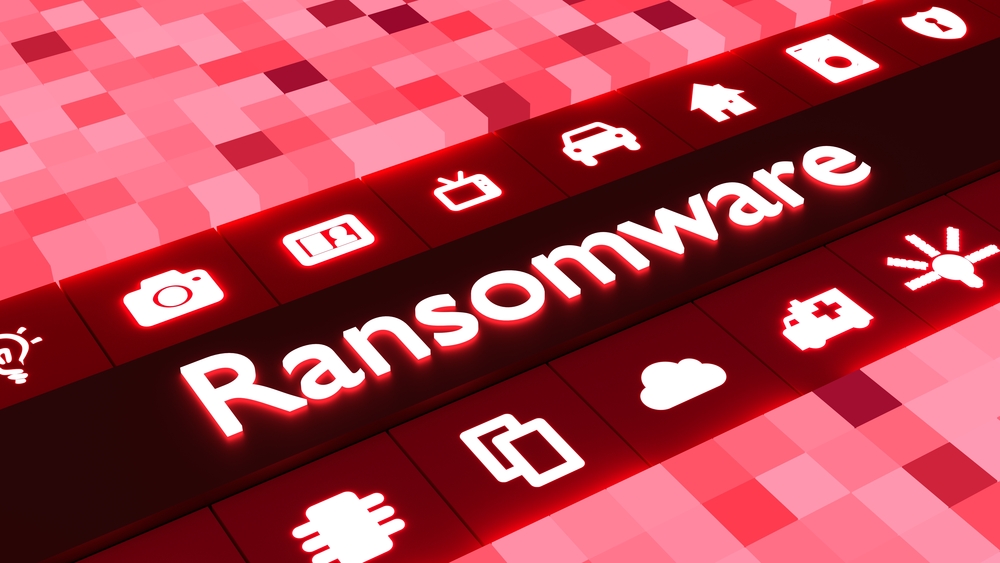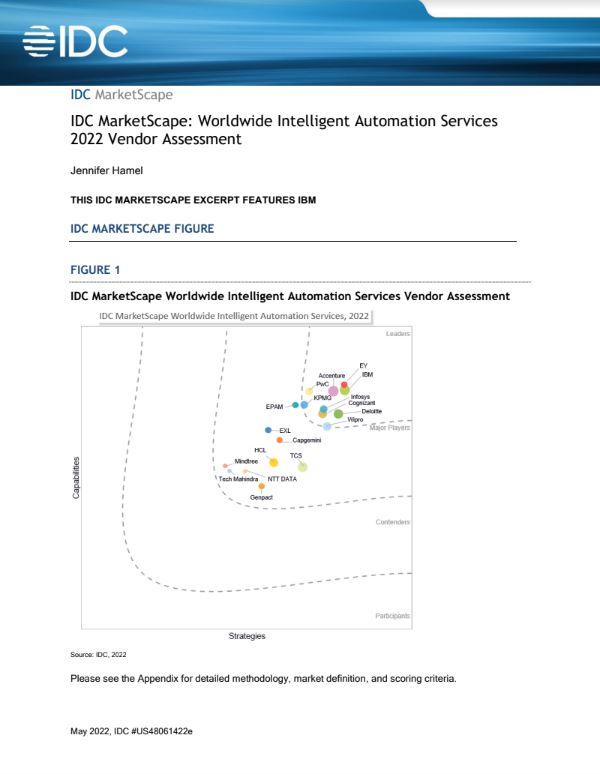New ‘DarkBit’ ransomware gang shuts down Technion, demands $1.7 million ransom
A politically charged ransom note suggests DarkBit are one of the newest hacktivist gangs to emerge in recent months


A cyber attack on the Israel Institute of Technology has brought to light the emergence of a potentially aggressive new ransomware gang, DarkBit.
The institute, known as Technion, was struck by a ransomware attack over the weekend during which hackers demanded an 80-Bitcoin ransom, equivalent to around $1.7 million (£1.4 million).
In the ransomware note, the group threatened to raise the ransom sum by 30% if the academic institution failed to pay the ransom in a 48-hour period.
The ransomware note was also littered with anti-Israeli government rhetoric, suggesting that the attack was politically motivated.
Believed to be a hacktivist operation, the likelihood of a victim paying DarkBit and then later receiving the decryptor is generally lower since the attack isn't believed to be wholly motivated by money.
“We’re sorry to inform you that we had to hack Technion network completely and transfer 'all' data to our secure servers,” the note read.
“So, keep calm, take a breath and think about an apartheid regime that causes troubles here and there.”
Sign up today and you will receive a free copy of our Future Focus 2025 report - the leading guidance on AI, cybersecurity and other IT challenges as per 700+ senior executives
Technion confirmed it was dealing with a security incident in a statement online on Sunday 12 February, adding that it was working to determine the full scale of exposure.
“The Technion is under cyber attack. The scope and nature of the attack are under investigation,” the statement read, “To carry out the process of collecting the information and handling it, we use the best experts in the field, in the Technion and outside, and coordinate with the authorities.”
While the exact scale of the attack is yet to be disclosed, the university said in a follow-up statement that campus activity, including exams, would not be affected.
Who are DarkBit?
DarkBit appears to be one of the newest ransomware groups to emerge in recent months.
The identity of the group remains unclear, but given the politically charged language in the ransomware note left over the weekend, the group could be the latest sophisticated ‘hacktivist’ group to land on the scene.
In its Twitter bio, the group claims to be against “racism, fascism and apartheid”.
Hacktivist groups have wrought havoc on organisations globally and the subcommunity within cyber security has received special attention since the war in Ukraine broke out.
Pro-Russian hacktivist group, Killnet, for example, has claimed responsibility for a number of devastating attacks against public services in Ukraine since the onset of the conflict in February last year.
Earlier this month, the group launched attacks against more than a dozen US hospitals amidst its ongoing reprisal campaign against nations supporting the Ukrainian war effort.
RELATED RESOURCE

Bogdan ‘Bob’ Botezatu, director of threat analytics at Bitdefender, told IT Pro that while hacktivism is far from a new trend, recent geopolitical events have resulted in a surge of hacktivist-related incidents.
“Hacktivism is known as a type of hacking to support civil, political, or religious causes. It has become chiefly consecrated with the advent of the Anonymous hacking group and has become more and more frequently used in the past few years as hacking groups affiliated with state actors have entered the scene,” he said.
“In the past year alone, since the start of Russia’s invasion of Ukraine, several hacking groups have openly offered their cyber crime expertise to support Russia’s cause by hacking into companies in countries part of NATO or the EU.”
Chris Hauk, consumer privacy champion at Pixel Privacy, noted that DarkBit’s ransomware demand message also warned Technion to “be careful when you decide to fire your employees, especially the geek ones”.
This comment, Hauk noted, could suggest that the attack could have been the result of revenge from a disgruntled former employee.
Hauk’s suggestion follows similar comments by security researcher, Dominic Alvieri, who tweeted yesterday that the group has “gone from hacktivist, to ransomware group, now to a disgruntled former employee all in one day.”

Ross Kelly is ITPro's News & Analysis Editor, responsible for leading the brand's news output and in-depth reporting on the latest stories from across the business technology landscape. Ross was previously a Staff Writer, during which time he developed a keen interest in cyber security, business leadership, and emerging technologies.
He graduated from Edinburgh Napier University in 2016 with a BA (Hons) in Journalism, and joined ITPro in 2022 after four years working in technology conference research.
For news pitches, you can contact Ross at ross.kelly@futurenet.com, or on Twitter and LinkedIn.
-
 The modern workplace: Standardizing collaboration for the enterprise IT leader
The modern workplace: Standardizing collaboration for the enterprise IT leaderHow Barco ClickShare Hub is redefining the meeting room
-
 Interim CISA chief uploaded sensitive documents to a public version of ChatGPT
Interim CISA chief uploaded sensitive documents to a public version of ChatGPTNews The incident at CISA raises yet more concerns about the rise of ‘shadow AI’ and data protection risks
-
 The FBI has seized the RAMP hacking forum, but will the takedown stick? History tells us otherwise
The FBI has seized the RAMP hacking forum, but will the takedown stick? History tells us otherwiseNews Billing itself as the “only place ransomware allowed", RAMP catered mainly for Russian-speaking cyber criminals
-
 Everything we know so far about the Nike data breach
Everything we know so far about the Nike data breachNews Hackers behind the WorldLeaks ransomware group claim to have accessed sensitive corporate data
-
 There’s a dangerous new ransomware variant on the block – and cyber experts warn it’s flying under the radar
There’s a dangerous new ransomware variant on the block – and cyber experts warn it’s flying under the radarNews The new DeadLock ransomware family is taking off in the wild, researchers warn
-
 Hacker offering US engineering firm data online after alleged breach
Hacker offering US engineering firm data online after alleged breachNews Data relating to Tampa Electric Company, Duke Energy Florida, and American Electric Power was allegedly stolen
-
 Cybersecurity experts face 20 years in prison following ransomware campaign
Cybersecurity experts face 20 years in prison following ransomware campaignTwo men used their tech expertise to carry out ALPHV BlackCat ransomware attacks
-
 15-year-old revealed as key player in Scattered LAPSUS$ Hunters
15-year-old revealed as key player in Scattered LAPSUS$ HuntersNews 'Rey' says he's trying to leave Scattered LAPSUS$ Hunters and is prepared to cooperate with law enforcement
-
 The Scattered Lapsus$ Hunters group is targeting Zendesk customers – here’s what you need to know
The Scattered Lapsus$ Hunters group is targeting Zendesk customers – here’s what you need to knowNews The group appears to be infecting support and help-desk personnel with remote access trojans and other forms of malware
-
 Impact of Asahi cyber attack laid bare as company confirms 1.5 million customers exposed
Impact of Asahi cyber attack laid bare as company confirms 1.5 million customers exposedNews No ransom has been paid, said president and group CEO Atsushi Katsuki, and the company is restoring its systems